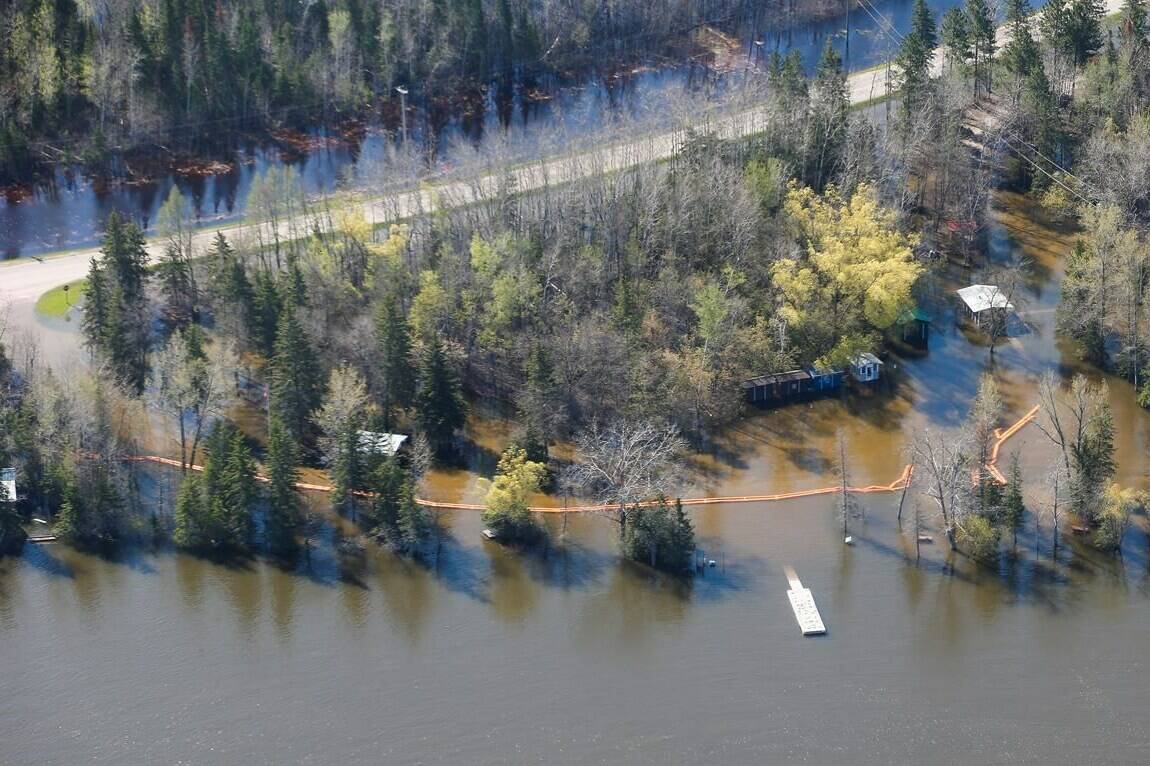A coalition on climate adaptation and disaster resilience says air conditioning should become a human right on par with winter heating because climate change is increasing the risks of extreme heat waves across Canada.
The recommendation is among a list of hard targets and goals Climate Proof says the federal government needs to include this fall in its national adaptation strategy.
The group of insurance companies, disaster experts, Indigenous groups and municipalities wants that strategy to set specific goals — and not just vague ambitions — for making the country more resilient to extreme weather.
Canada has hard targets to reduce greenhouse gas emissions in a bid to prevent climate change from getting worse, but Climate Proof says the country needs to better adapt to the changes that are already happening.
Climate Proof is calling for a 2028 target to flood proof at least 300,000 of the most flood-prone homes, either with water diversions and protections or relocations.
It is also calling for better education about fire risk, assessing those at most risk from extreme heat and ensuring a heat alert response system is in place in every province and territory.
—Mia Rabson, The Canadian Press
RELATED: ‘Trying to tell us something’: Climatologist says 2021 a weather year like no other

